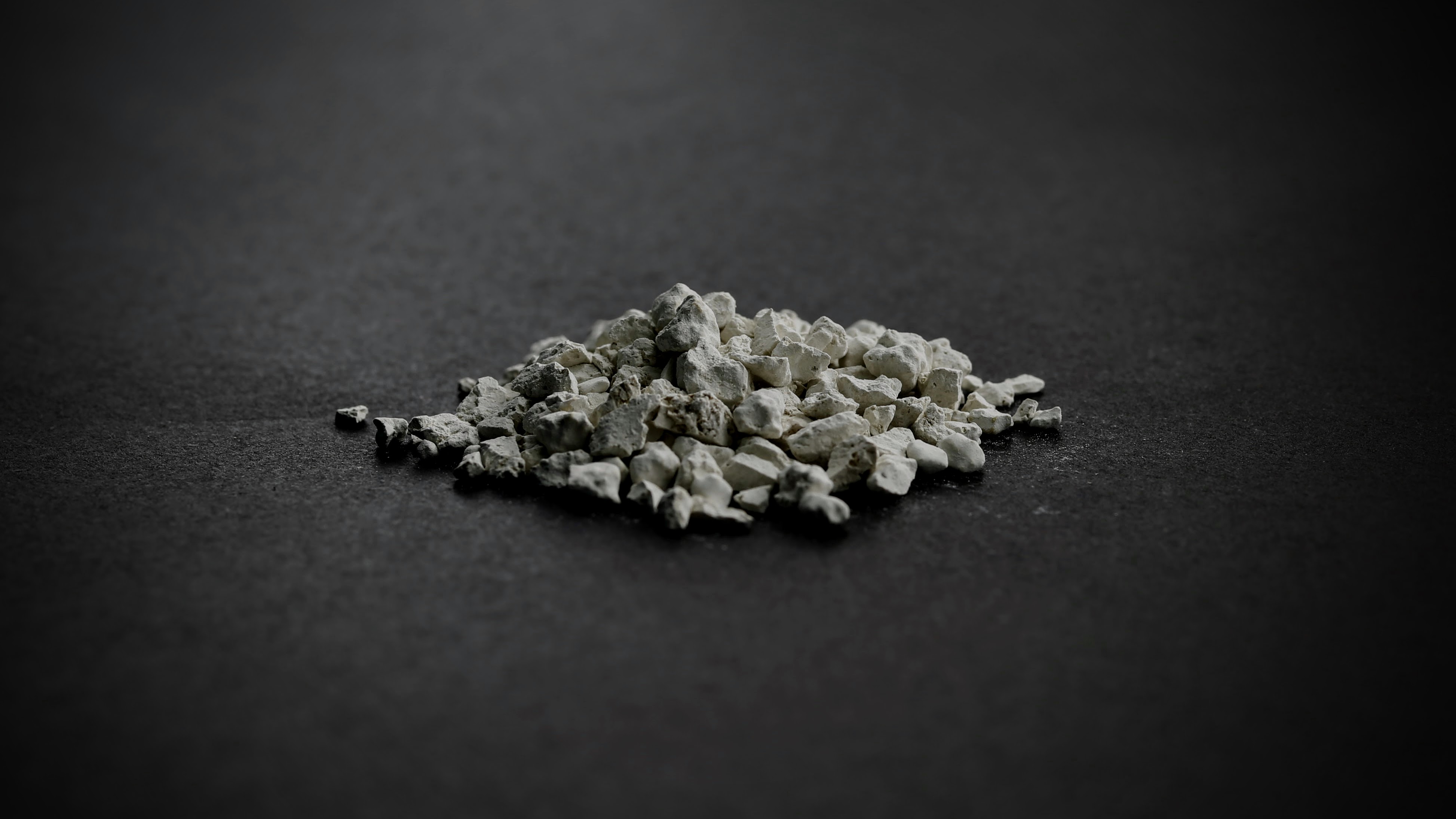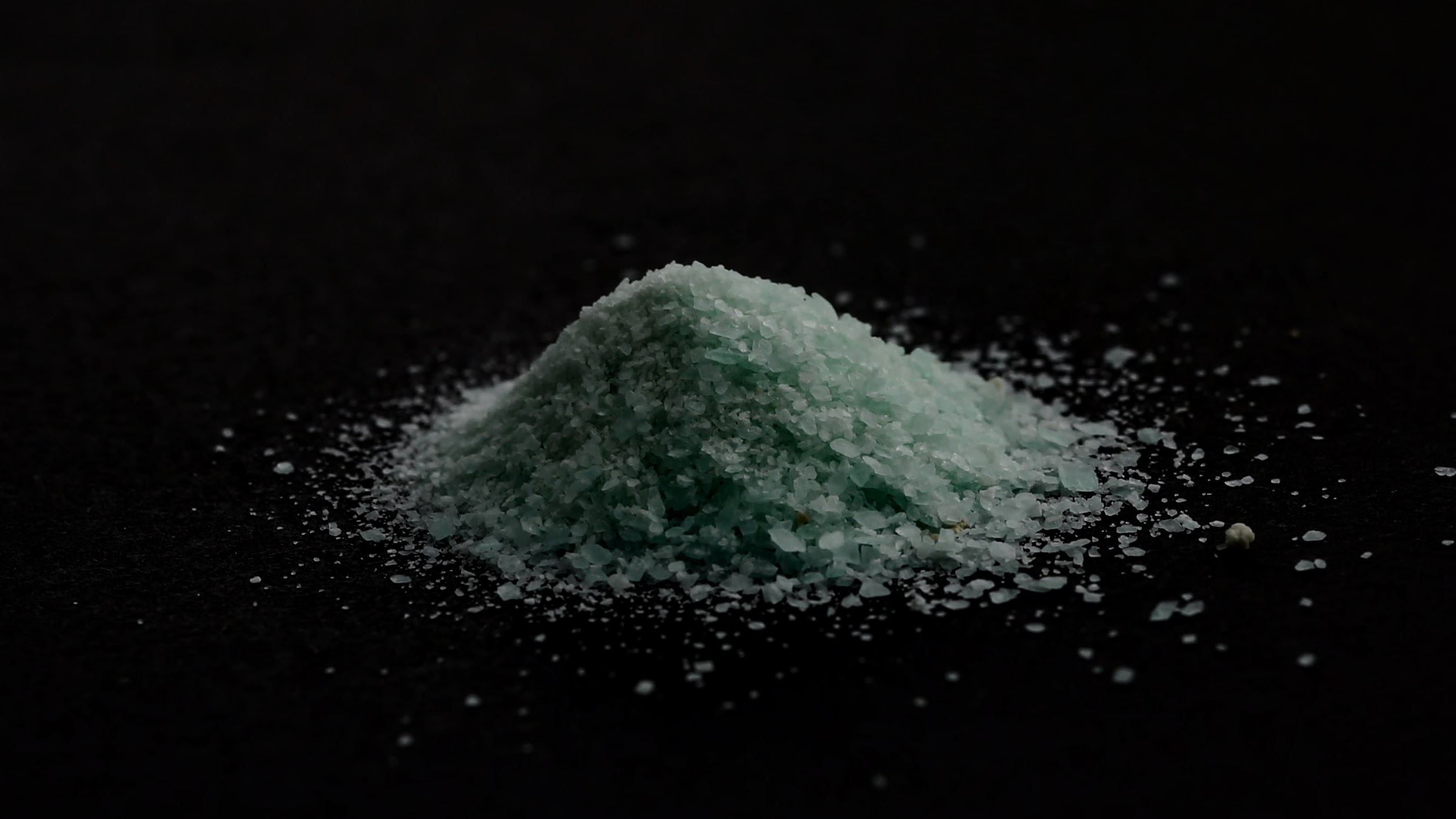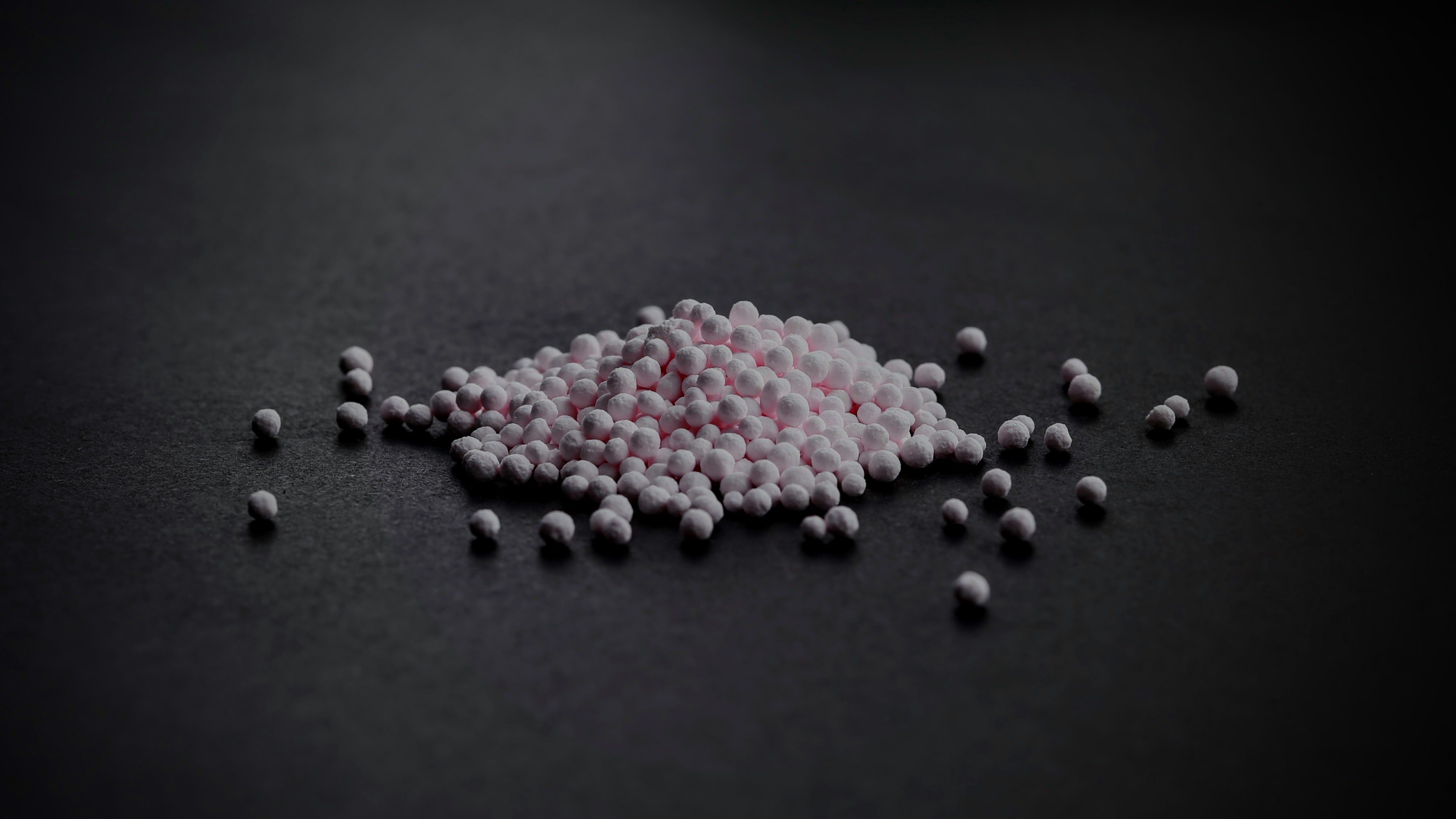Description
Zinc sulfate is an inorganic compound. It is used as a dietary supplement to treat zinc deficiency and to prevent the condition in those at high risk. Side effects of excess supplementation may include abdominal pain, vomiting, headache, and tiredness.
Applications
Medicine
Main article: Zinc sulfate (medical use) In medicine it is used together with oral rehydration therapy (ORT) and an astringent.
Manufacturing
The hydrates, especially the heptahydrate, are the primary forms used commercially. The main application is as a coagulant in the production of rayon. It is also a precursor to the pigment lithopone. It is also used as an electrolyte for zinc electroplating, as a mordant in dyeing, and as a preservative for skins and leather.
Other
Zinc sulfate is used to supply zinc in animal feeds, fertilizers, toothpaste, and agricultural sprays. Zinc sulfate, like many zinc compounds, can be used to control moss growth on roofs.
Zinc sulfate can be used to supplement zinc in the brewing process. Zinc is a necessary nutrient for optimal yeast health and performance, although it is not a necessary supplement for low-gravity beers, as the grains commonly used in brewing already provide adequate zinc. It is a more common practice when pushing yeast to their limit by increasing alcohol content beyond their comfort zone. Before modern stainless steel, brew Kettles, fermenting vessels and after wood, zinc was slowly leached by the use of copper kettles. A modern copper immersion chiller is speculated to provide trace elements of zinc; thus care must be taken when adding supplemental zinc so as not to cause excess. Side effects include “…increased acetaldehyde and fusel alcohol production due to high yeast growth when zinc concentrations exceed 5 ppm. Excess zinc can also cause soapy or goaty flavors.”

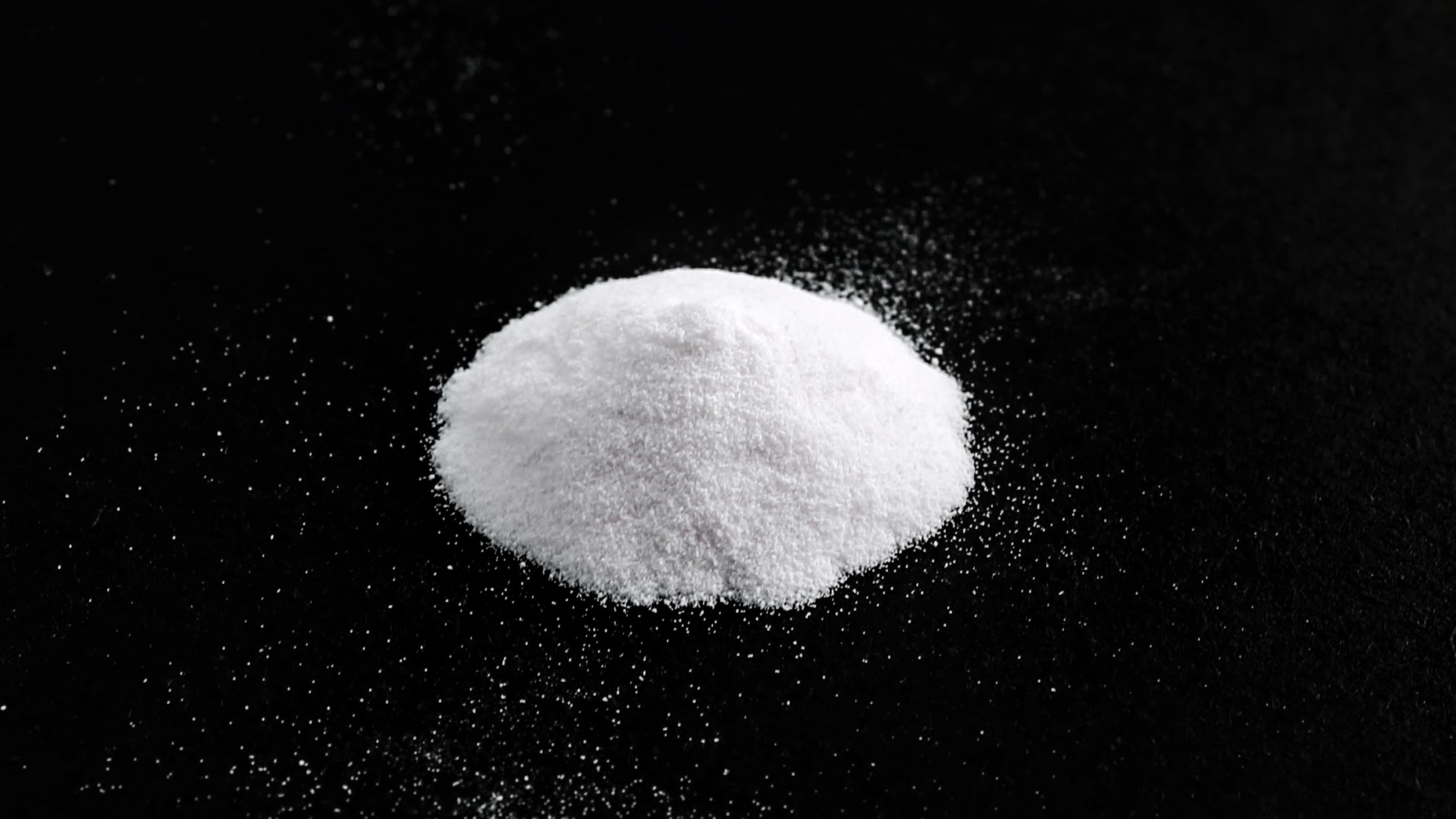
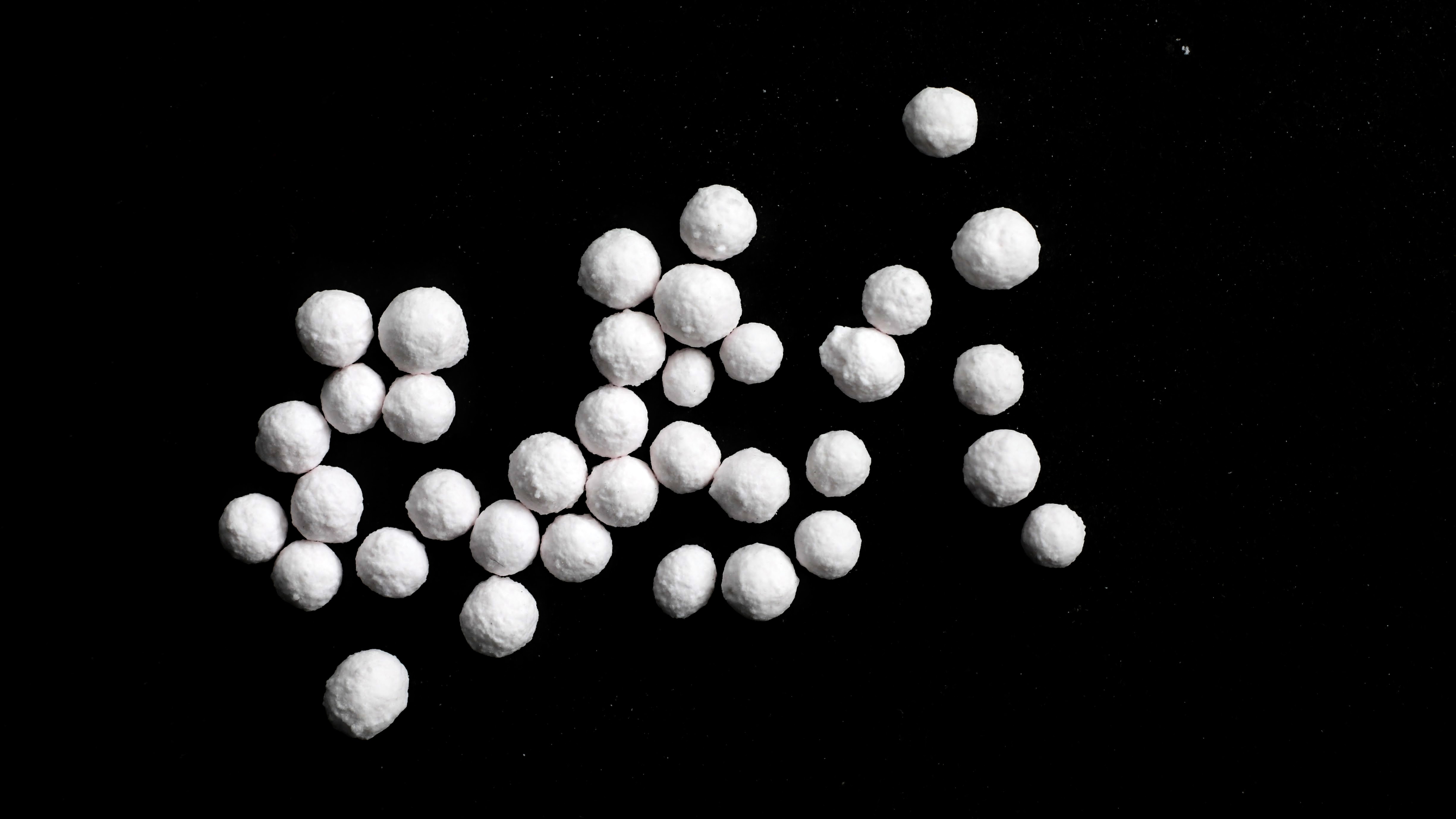 zinc sulfate monohydrate granular[/caption]
zinc sulfate monohydrate granular[/caption]